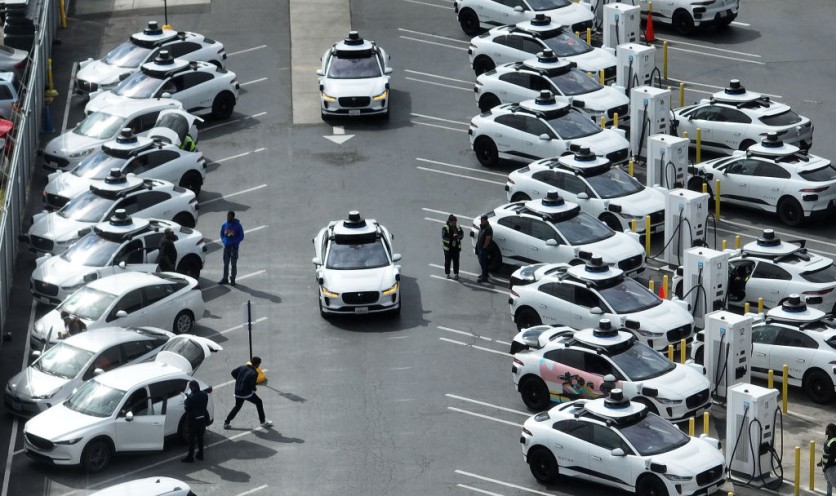The new Japanese startup, Turing, helmed by top artificial intelligence developer Issei Yamamoto, is reportedly looking to create his self-driving cars, an aim backed by Japan's top businesses.
In a nation that seems to be lagging in the fight to build electrified and driverless vehicles of the future, Turing is supported by some of the biggest Japanese companies, such as a unit of Mizuho Financial Group Inc. and NTT Docomo Ventures Inc.
The firm has reportedly raised ¥3 billion ($19.4 million) in a seed round, valuing it at $100 million.
Japan has reportedly fallen behind the self-driving automotive industry despite being home to the biggest manufacturers in the world, such as Toyota Motor Corp. and Honda Motor Co.

These companies have long supported internal combustion engines found in traditional gasoline and hydrogen-powered vehicles.
These days, such companies are vying to showcase their cutting-edge AI proficiency in self-driving development, which is very important to companies like Tesla Inc. and Mobileye Global Inc.
To address Japan's lack of essential autonomous driving technology, Yamamoto and Chief Technology Officer Shunsuke Aoki co-founded Turing in 2021 to address the gap. Their team created Heron, a machine-learning artificial intelligence model with up to 70 billion parameters.
Turing intends to produce a completely autonomous vehicle by 2030 and reveal a self-driving car with a minimum 30-minute driving range the following year.
Read Also: Waymo Launches Robotaxi Testing in Atlanta
Yamamoto's Self-Driving AI Plans
Up to 10,000 automobiles will be introduced by 2030. Additionally, the business is considering licensing its model to automakers who want to use Heron.
It is working on semiconductors that will enable AI in cars, with plans to go into total production by 2028.
Yamamoto claims that Turing's engineers are moving away from rule-based algorithms and toward the more ambitious goal of teaching their AI to learn everything independently to achieve complete automation.
Although rule-based systems are easier to create, they are not as capable of managing intricate tasks and unique situations.
According to Yamamoto, Heron's machine-learning initiative will aim to reach intelligence levels nearing those of humans.
Tesla's Self-Driving Ventures
While Japan is advancing with its own self-driving technology, Tesla recently unveiled plans to launch its robotaxi service.
While regulators say they have not been notified of the robotaxi venture, investors believe CEO Elon Musk's tease of introducing its much-awaited robotaxi on August 8 caused Tesla's shares to close more than 5% higher.
For years, Tesla has made promises about fully autonomous technology, such as in 2016 that all of its cars would be equipped with the hardware needed for self-driving, enabling owners to take naps or even drive their cars across the nation by themselves.
On the five-point autonomy scale, Tesla's driver assistance technology, known as Full Self-Driving, is merely a "level 2," which means that the vehicle can only drive itself under the supervision of a driver.
Related Article: Tesla FSD Now Cheaper by $4,000 for US, Enhanced Autopilot Gone

(Photo: Tech Times)
ⓒ 2026 TECHTIMES.com All rights reserved. Do not reproduce without permission.




